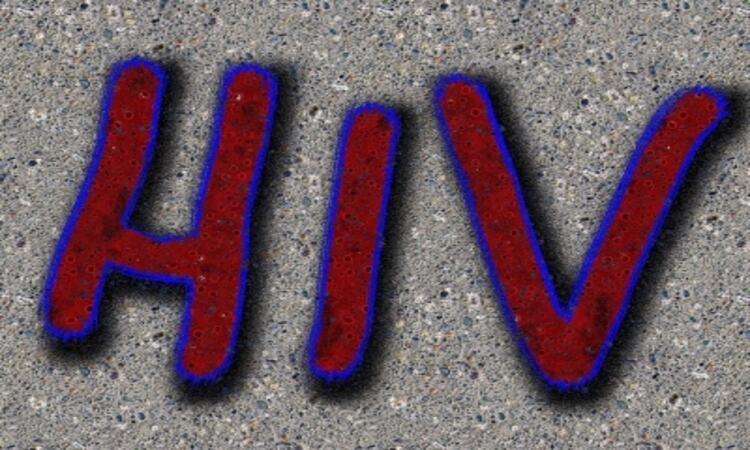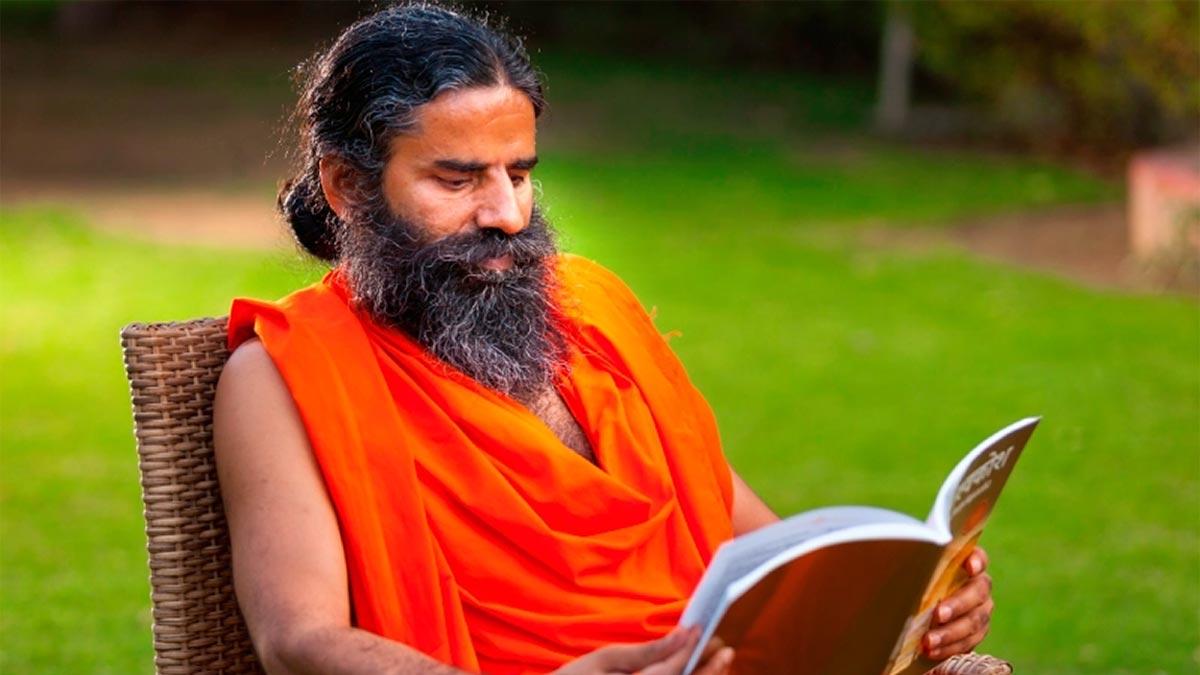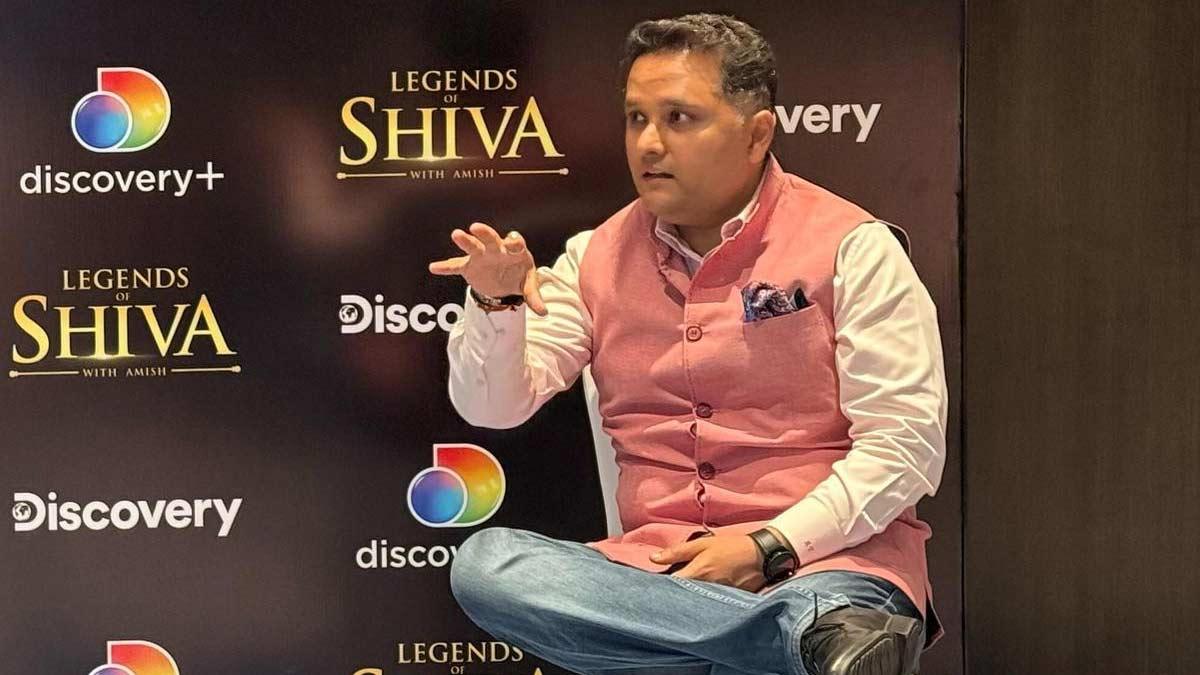While there has been a milestone development in the treatment of HIV, with three people being cured of the disease so far, the world is still 10 to 20 years away from a viable cure against the virus, a scientist has warned.
Last week, a third person, and the first woman, was reportedly cured of the disease after undergoing a cord blood transplant from a donor to treat her separate diagnosis of leukaemia.
The woman, based in New York, was only cured because the donor had a rare genetic mutation that blocks HIV's method of invading cells.
According to Sharon Lewin, President-elect of the International AIDS Society, although the news is an "exciting find, the world is still at least a decade away from a widespread cure," The Telegraph reported.
"We are still many years away from a cure you might use, on a wide scale, in high-income countries," she was quoted as saying.
Also Read | James Webb Telescope images star twinkling 18 times
However, Lewin said the New York case strengthens using gene therapy as a viable strategy for an HIV cure.
"This case also suggests that it's the transplant of HIV-resistant cells that was key to achieving a cure here. It's interesting that in this case, there was no graft versus host disease," she added.
Previously, two men have been cured of the virus: Timothy Ray Brown, also known as the "Berlin patient", in 2008; and Adam Castillejo, the "London patient", in 2020 through a stem cell transplant.
Two women have also been cured through natural immunity, the report said.
"We've achieved some incredible things every decade in HIV research," Lewin said.
Also Read | Late goals see Real Madrid to easy win at home to Alaves
"We may have an intervention available for a few people in 10 years, but it won't be the next two to five years. It's hard to predict."
Meanwhile, discussions are ongoing about what people would be willing to undergo to be cured -- with current estimates assuming people would agree to an intensive regime for six months, the report said.
The ultimate goal of having one shot and being cured is still a long way off," said Lewin.


















